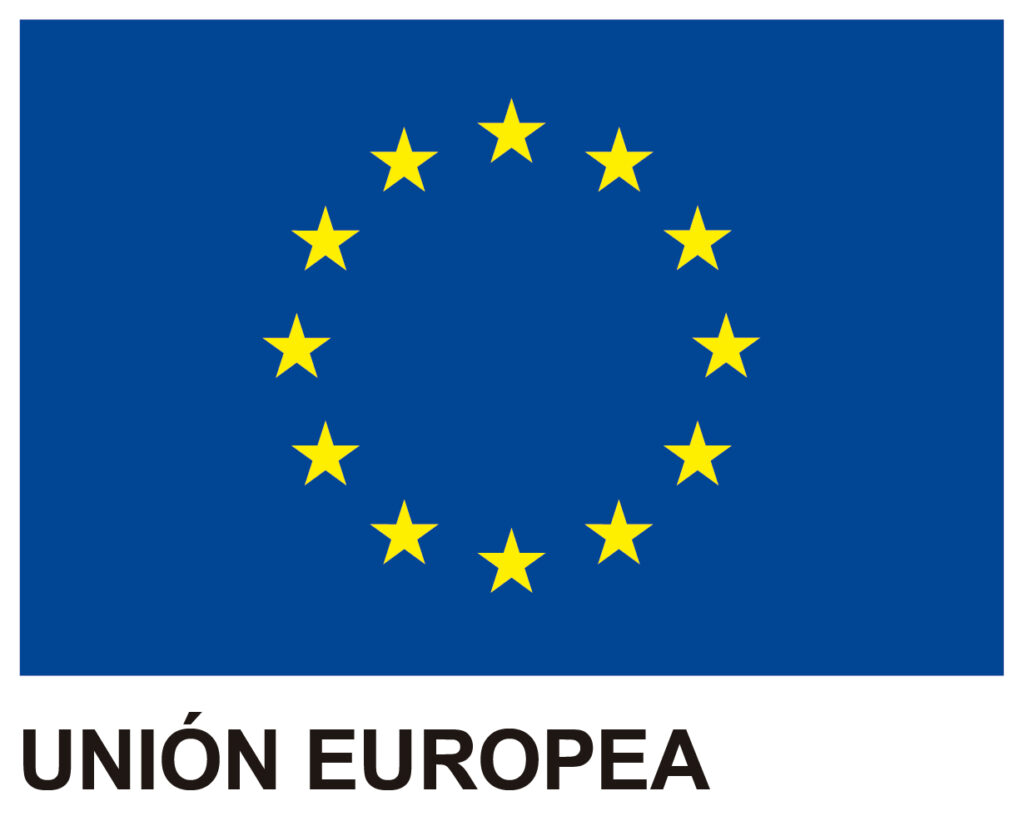What is ICFRS and why is it Important?
SCIIF, presentación de información fiable ante los mercados
La normativa española encargada de regular los mercados de valores e instrumentos financieros deriva de normas de carácter europeo tras la transposición de la Directiva de instrumentos financieros, conocida como MiFID. La transposición se realizó a través de dos normas: la Ley 47/2007 que supuso una importante modificación de la Ley 28/1988, del Mercado de Valores español (LMV) y, el Real Decreto 217/2008, que estableció el régimen jurídico aplicable a las entidades que prestan servicios de inversión.
Los requisitos de transparencia de los mercados de valores han ido evolucionando con el transcurso de los años. En particular, la normativa que exige la presentación de la información financiera a las que están sometidas las entidades cotizadas, ha ido aumentando su complejidad progresivamente. Para dar respuesta a estas exigencias, es necesario, que los sistemas de control interno de las entidades no se mantengan estáticos y vayan evolucionando con el paso del tiempo, así como que sean capaces de proporcionar cierta seguridad sobre la fiabilidad de la información financiera que se proporciona al mercado.
¿Cuáles son los elementos de SCIIF?
To achieve this, the elements of an internal control system –control environment, risk assessment, control activities, information and communication, and monitoring– must be coordinated and operate together with the aim of preventing, detecting, compensating, mitigating or correcting errors with material impact, or fraud in financial information. A continuación, vamos a describir dichos elementos:
- Entorno de control de la entidad: Marcará las pautas de comportamiento de una organización y tendrá influencia directa en el nivel de concienciación del personal respecto al control interno.
- Evaluación de riesgos de la información financiera: Esta evaluación permitirá analizar los potenciales riesgos en la consecución de objetivos relacionados con la fiabilidad de la información financiera. Podemos encontrarnos, por ejemplo, con errores de cálculo o de aplicación en las normas; fraudes contables; desconocimiento de información; estimaciones o proyecciones incorrectas; y otros de diversa naturaleza.
- Actividades de control: Las actividades de control tienen que realizarse en varios niveles de la organización para reducir los riesgos de incurrir en errores, omisiones o fraudes, que puedan afectar a la fiabilidad en la información financiera.
- Información y comunicación: Los sistemas de información y comunicación identifican, y distribuyen la información sobre las transacciones, y demás eventos que afectan a la entidad, en un periodo de tiempo que permita a las personas involucradas realizar las funciones que tienen asignadas.
- Supervisión del funcionamiento del sistema: La supervisión del sistema es un elemento crucial para mantener una seguridad razonable de que los riesgos identificados están siendo efectivamente controlados, ya sea por prevención, detección, mitigación, compensación o corrección.
¿Cómo te ayuda un software en la optimización y reducción de la incertidumbre frente a los riesgos?
GlobalSuite Solutions offers a management software that helps in optimizing processes and reducing uncertainty regarding risks. In the case of “financial information risk assessment”, GlobalSuite® allows us to specify financial information control objectives and identify and analyze risks (with customizable risk methodologies), associated with achieving these objectives as a basis for determining which controls should be implemented, among other functions. Asimismo, en cuanto a las actividades de control, el software nos permite la gestión de los controles aplicables a la entidad, pudiendo realizar una valoración de cada control, en función de si es de carácter preventivo o si tiene como objetivo detectar, mitigar, compensar o corregir su impacto potencial. Además, dispone de un gestor documental en el cual se puede almacenar las actividades de control –políticas y procedimientos adecuados– de todas las etapas del proceso de preparación de la información financiera, incluidos los juicios críticos, las estimaciones, valoraciones, proyecciones y asientos de cierre.
Para reforzar la transparencia y calidad de la información pública que se suministre al mercado en relación con los Sistemas de Control Interno sobre la Información Financiera (SCIIF), se considera apropiado que un auditor externo se involucre en su revisión y emita un informe al respecto. GlobalSUITE® cuenta con un módulo de auditoría que ayuda en este proceso de gestión.
En conclusión, los SCIIF, se configuran como el conjunto de procesos que los órganos de la entidad llevan a cabo para proporcionar seguridad razonable respecto a la fiabilidad de la información financiera que será publicada en los mercados. Para un mejor cumplimiento de esta obligación, es necesario contar con elementos adicionales que nos ayuden en la gestión de los riesgos y medidas de control, como es el Software de gestión de GlobalSUITE Solutions.



